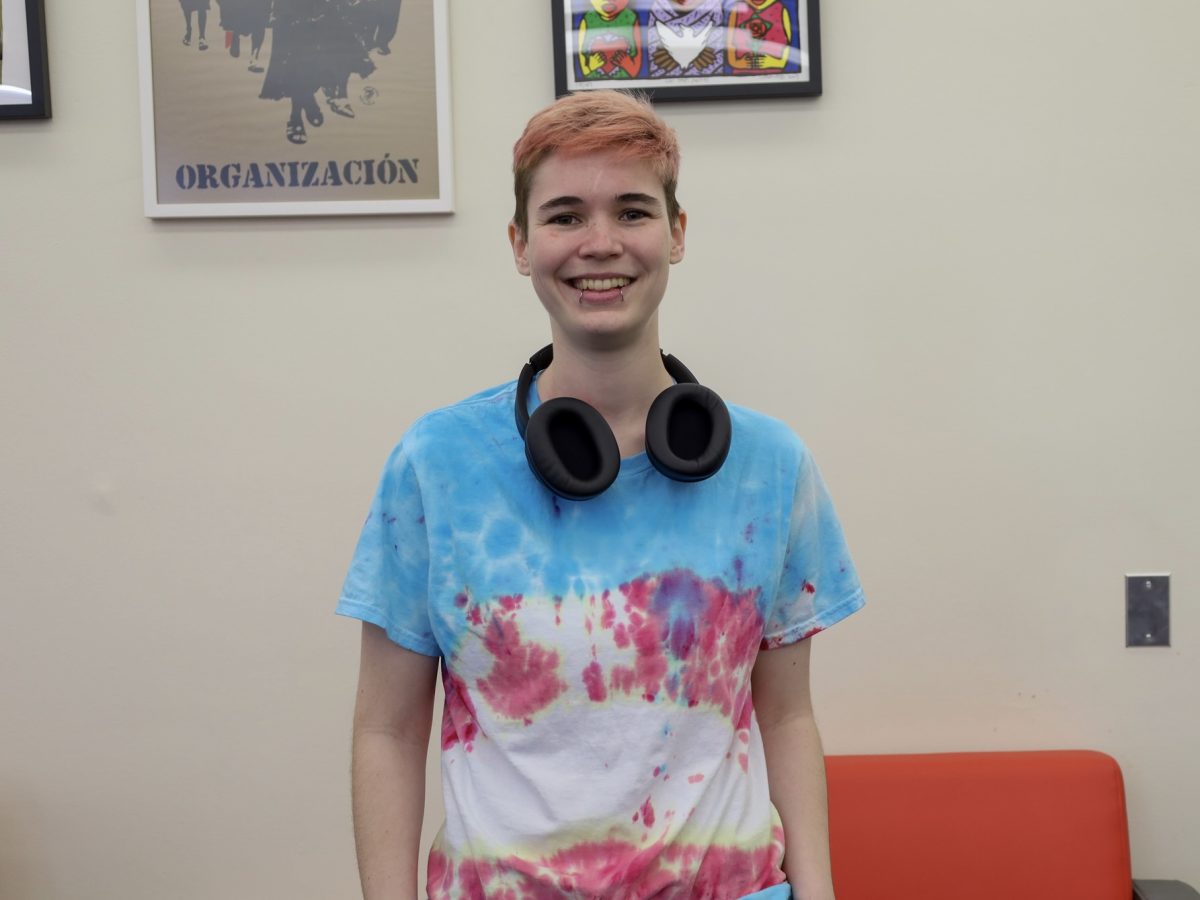Mental health issues are now a concern to 95 percent of college counseling because their studies show that over the past year the number of students struggling have increased, according to The American Psychological Association.
So how does El Camino College deal with mental health issues? Will more students seek assistance or get the help they need on campus?
Melissa Fujiwara, a sociology professor at El Camino College has been teaching on this campus for 4 years now.
She talks about the topic of mental health openly to her students because “if you talk about it openly you can destigmatize the negative stigma that is attached to it,” Fujiwara said.
At the beginning of this semester, students in Fujiwara’s classes have come to her and asked for help surrounding mental health.
In situations regarding mental health, Fujiwara guides students by giving them information on the resources on campus, like the Health Center and walks them there if they want.
Fujiwara brings awareness on campus by having her sociology students attend workshops on campus that “are all geared, not just toward mental health, but have a mental health aspect.”
These workshops aid students to develop the skills, habits, and different practices that help improve the student’s mental health, said Fujiwara.
Janet Young is also a professor at El Camino College who has been teaching child education for 23 years.
Talking about her struggle with depression is her way of feeling connected to the students by having them know that everybody goes through hardship, Young said.
Young encourages her students by guiding them to resources available on campus, like workshops or by walking them to the Health Center.
She also added that in their child development classes, specifically child growth and development 103, students are shown hhthe signs of mental health and suicide in a child’s development, based on theory.
“One of the sections that we talk about is suicide and in particular, teen suicide, signs and watching for signs of someone suicidal,” Young said.
She emphasizes the importance of communicating with the students.
“Everybody hurts, everyone goes through tough times. Be brave, reach out and you’ll be so surprised that someone you’re talking to is going through or gone through the same thing. We have to help each other,” Young said.
Tabatha Lund, 20, is a third-year student, studying sociology here at El Camino College.
When asked what El Camino could do to bring awareness of mental health, Lund said, “It is a big topic. El Camino can bring awareness to campus by setting up tents and fundraisers on campus. They can also put fliers up.”
She also added that she was aware of the resources provided on campus and she would feel comfortable talking to the counselors here if she needed them.
“I have not used any of the resources, but I am aware of all of them. I haven’t needed them at the moment, but I definitely will if I need them in the future,” Lund said.
El Camino College brings awareness of suicide, mental health, drug, and alcohol addiction on campus through the resources provided on campus that are available for students.
These resources are opened at any time during campus hours and have hotlines available all 24 hours.
To both Fujiwara and Young, the Health Center is the main resource for many of the issues surrounding mental health.
It provides students with the support they need from the mental health counselors, psychiatrists, and nurses.
The Union contacted the Health Center for more information on mental health, however, they were unavailable and did not contact The Union in return.
El Camino has many resources for the students in need of aid. If you are dealing with hardships or know anyone who is dealing with hardships please contact:
Substance Abuse Info and Hotline: (800) 821-4357
Crisis Center: 24-Hour Phone (310) 392-8381
Suicide Prevention Center: 24-hour phone: (310) 391-1253






